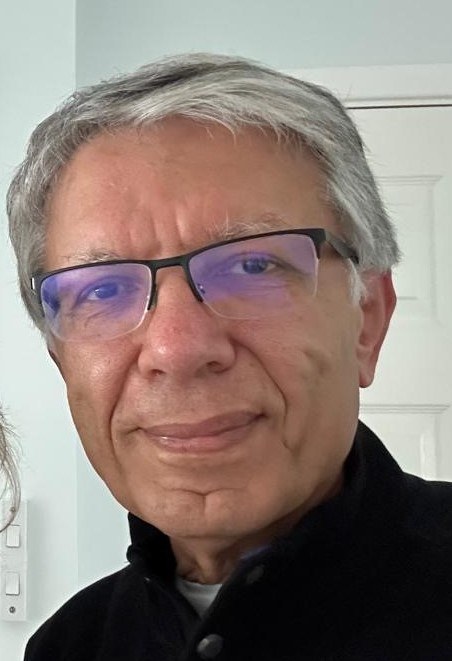Guest Speakers
Keynote Speaker
We are honored to have Ali Madanipour as the keynote speaker for the conference.
Ali Madanipour is a Professor at Newcastle University. His research has explored the processes that shape urban space and their implications for disadvantaged social groups and the environment. His recent work has focused on urban temporality (Cities in Time, 2017, Bloomsbury), planning theory (Handbook of Planning Theory, 2018, Routledge), spatial justice (Relocal.eu, 2016-21), and public space (Rethinking Public Space, 2023, Elgar).
Session 1 - Fostering Urban Transitions for Sustainable and Climate-Resilient Environments
 Ana Monteiro
Ana Monteiro
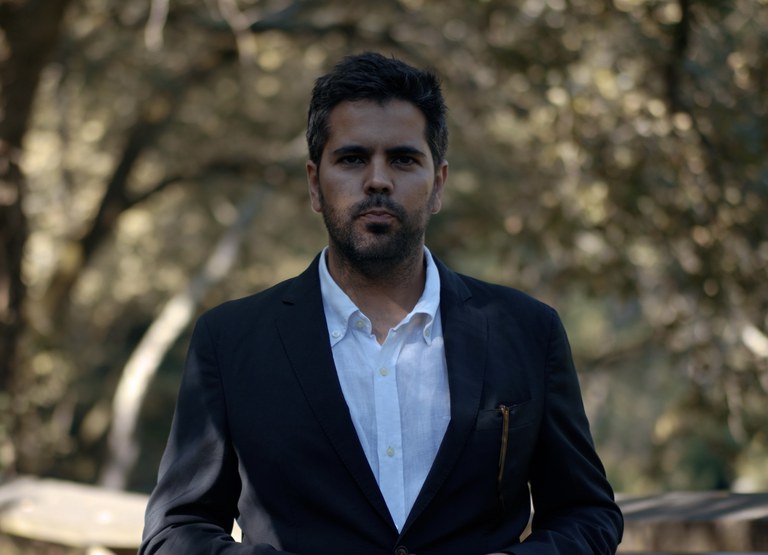 Jorge Cardoso Gonçalves
Jorge Cardoso Gonçalves
Jorge Cardoso Gonçalves is the President of the Portuguese Association of Water Resources (APRH) and the Innovation and Training Manager at LIS-Water. He holds a PhD in Civil Engineering, specializing in Hydraulics, Water Resources, and Environment (from FEUP), has training in Management from the Porto Business School, and completed Advanced Management Programs in Water and Waste Services. An author and co-author of various works in the field of Hydraulics, he has served as a designer, researcher, operations manager, and engineering consultant. He is also a Partner at Water Services Consulting and Management, Lda.
 Mariana Sardoeira
Mariana Sardoeira
Mariana Sardoeira is the Associate Director of LJ-Group in Portugal. She graduated in Architecture from the University of Architecture and Arts of Porto in 2004. She fell in love with landscaping in 2012, living and working in Rio de Janeiro. There she had the opportunity to participate in a big variety of projects, from small houses to large luxury development projects, helping her to develop a deep knowledge in the landscaping field. In 2018, already back in Portugal, she was invited by Pedro Pedalino to rejoin LJ-Group, succeeding in her role as a strategic member to develop the design brand in Portugal.
 Sara Cruz
Sara Cruz
Sara Cruz is an Assistant Professor at the Faculty of Engineering, University of Porto (FEUP), and a Researcher at the Research Center for Territory, Transport, and Environment (CITTA). Her research focuses on the study of urban space and the processes that shape it, including its social and psychological significance, the meanings and values of public spaces, agents of urban change, and the implications of urban transformations for communities (particularly vulnerable groups) and the environment. She also examines space transformation within the framework of climate resilience.
She has been involved in various European and national research projects related to topics such as the transformation of urban spaces for climate adaptation, urban policies for resilient cities, citizen science for urban resilience, sustainable urban metabolism, the privatization of public spaces, the impact of gated communities, planning and active aging, and improving the implementation of environmental impact assessment.
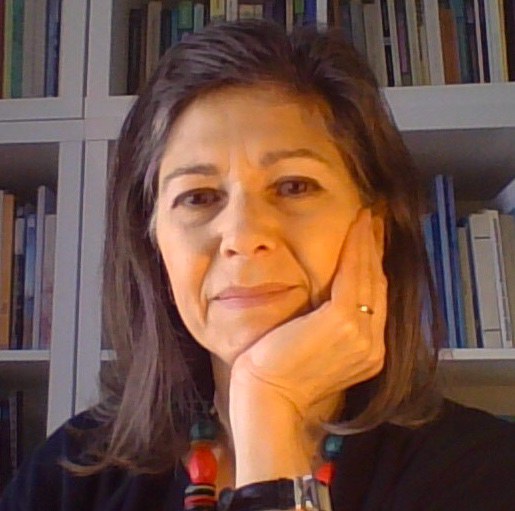 Teresa Fidélis
Teresa Fidélis
Teresa Fidélis is an Associate Professor with Habilitation in Environmental Sciences and Engineering (specializing in Environmental Planning and Governance) in the Department of Environment and Planning at the University of Aveiro, and an integrated researcher in the Research Unit on Governance, Competitiveness, and Public Policies (GOVCOPP). She holds a PhD in Environmental Sciences (UA, PT), a Master of Philosophy in Regional and Urban Planning (UM, UK), and a Bachelor’s in Urban and Regional Planning (UA, PT). She teaches Environmental Planning, Environmental Impact Assessment and Strategic Environmental Assessment, and Public Policy Instruments in the environmental and risk domains in Master’s and Doctoral programs. She has extensive experience in scientific publications and in supervising doctoral theses and master’s dissertations. She has participated in numerous international research projects on water governance, land use, and nature-based solutions. She has led or been part of teams for regional spatial planning, watershed management plans, environmental plans, local Agenda 21 projects, and strategic environmental assessments. Additionally, she has significant experience in environmental governance, having served as President of the Central Hydrographic Region Administration, President of the Board of Directors of Polis Litoral Ria de Aveiro, SA, and as a board member and Regional Director of the Center for the National Institute for Nature Conservation and Forests.
Session 2 - Fostering Urban Transitions with Integrated Transportation
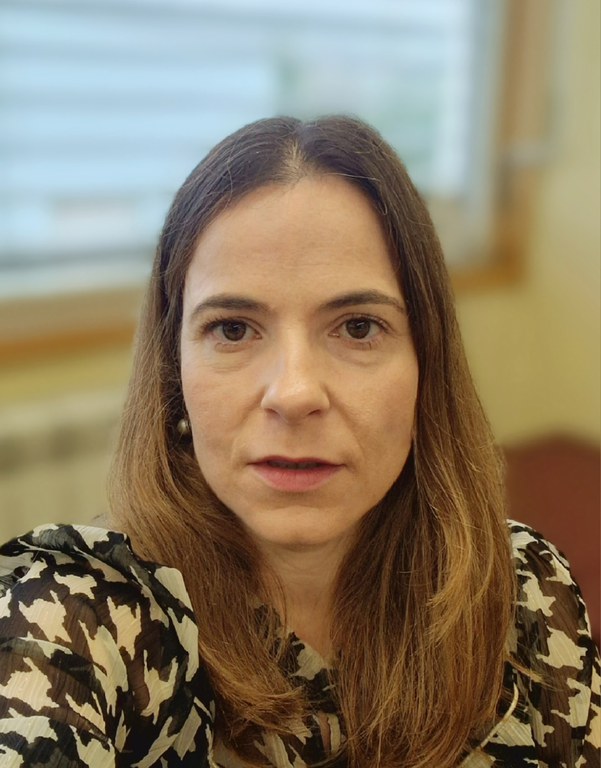 Arminda Almeida
Arminda Almeida
 Jorge Freire de Sousa
Jorge Freire de Sousa
Jorge Freire de Sousa is a retired Associate Professor at the Faculty of Engineering, University of Porto, and a Senior Researcher at INESC TEC. Initially, his research focused primarily on decision support in public transportation planning and operational management, as well as vehicle replacement policies. He was a member of the Board of Directors of the Porto Public Transport Company for over ten years, from 1998 to 2012. His recent work has concentrated on defining business strategies in transportation and engaging citizens in the formulation of urban mobility policies.
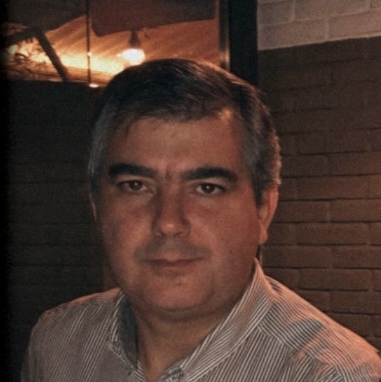 Luís Filipe Teixeira
Luís Filipe Teixeira
Graduated in Civil Engineering from the Faculty of Civil Engineering of Porto in 1996, with a postgraduate degree in Civil Engineering specializing in Materials and Construction Rehabilitation from the University of Minho in 2007. He is currently enrolled in the postgraduate program in Future Mobility at ISCTE. He is currently serving as the Head of the Mobility and Transport Division at the Municipality of Vila Nova de Gaia.

Sandra Melo
Sandra Melo is the R&D Coordinator in Mobility at CEiiA, with extensive experience in designing and evaluating mobility solutions. She has been responsible for coordinating international projects in both academia and industry and has served as a trainer in sustainable transportation. Throughout her professional career, she has combined scientific knowledge with the design of products and services in the industry sector.
Session 3 - Fostering Urban Transitions for Transformative Governance and Socio-spatial Justice
 Fátima Loureiro de Matos
Fátima Loureiro de Matos
Fátima Loureiro de Matos holds a degree in Geography and a PhD in Human Geography from the Faculty of Arts at the University of Porto (FLUP). She is currently an assistant professor at this Faculty and a researcher at the Center for Geography and Spatial Planning Studies (CEGOT). She is a member of the European Network for Housing Research, the Urban Commission - Urban Challenges in a Complex World of the International Geographical Union, and the H-Network - National Network for Housing Studies. She conducts research, teaches, and supervises students in the areas of Housing Policy, Social Housing, Housing and Quality of Life, Population Geography, and Social Vulnerability, which are also reflected in her publications.
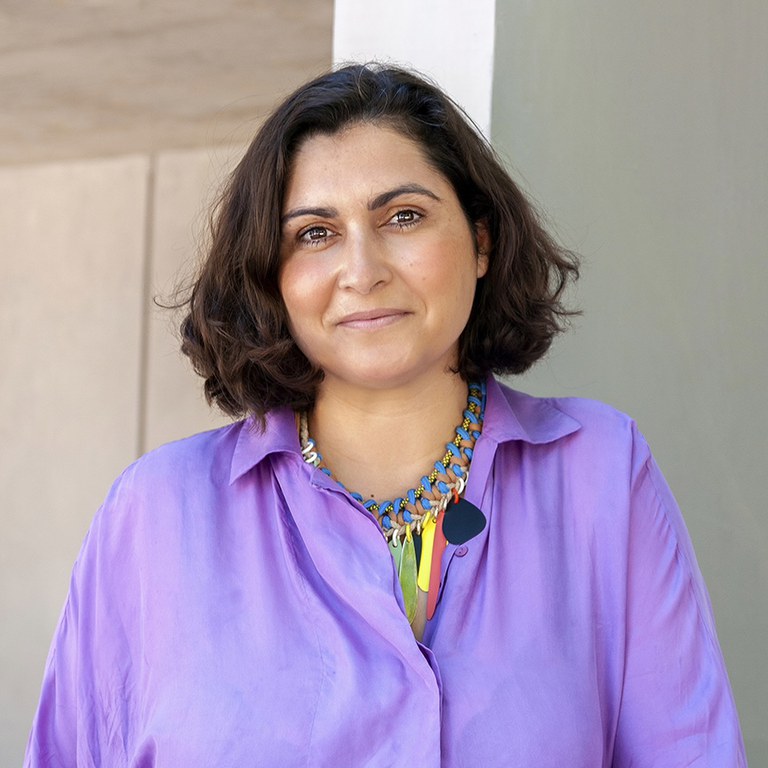 Joana Lages
Joana Lages
Architect, urban researcher, and co-founder of the Women in Architecture Association. She graduated in Architecture (2003) from the Faculty of Architecture at the University of Lisbon and holds a Master's degree in Architecture (2009). In 2017, she completed her PhD thesis in Urbanism, focusing on the challenges of urban interventions in self-built places in the pursuit of spatial justice. Since 2020, she has been an integrated researcher at DINÂMIA'CET - ISCTE. Her research intersects Architecture and Social Sciences, action research, and participatory projects. Her main areas of interest include housing precariousness, the right to housing, and spatial inequality. Since 2022, she has been the Principal Investigator of the project 'Care(4)Housing - A care through design approach to address housing precarity in Portugal,' funded by FCT.
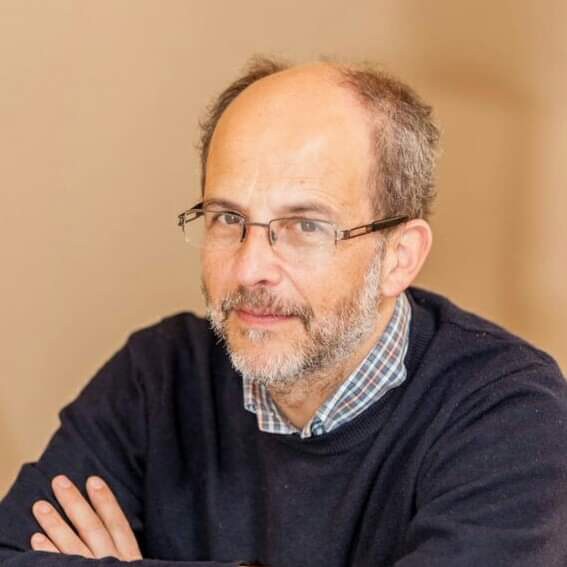 Paulo Conceição
Paulo Conceição
Assistant Professor at the Faculty of Engineering, University of Porto, researcher at CITTA, and coordinator of the research group Governance, Public Policies, and Housing (GPH). His research focuses on urban governance, public policy evaluation, and housing systems and policies, with particular attention to issues such as institutional dynamics and scalar articulations, collective learning processes, and methodologies for evaluating transformative capacities.
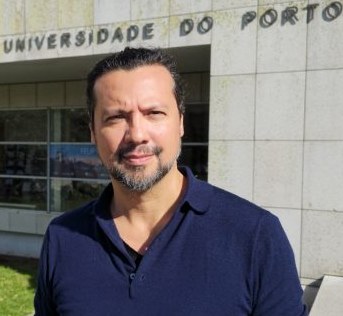 Vinicius Netto
Vinicius Netto
Vinicius M. Netto is a Principal Researcher at the Research Center for Territory, Transport, and Environment at the University of Porto, Portugal (CITTA | FEUP). He holds a PhD in Advanced Architectural Studies from The Bartlett, University College London (UCL), and has been a visiting researcher at the Center for Urban Science and Progress, New York University (CUSP NYU). He is the author of the book The Social Fabric of Cities (Routledge) and has published over 100 articles and book chapters. His work examines cities as networks of information, cooperation, and segregation.

